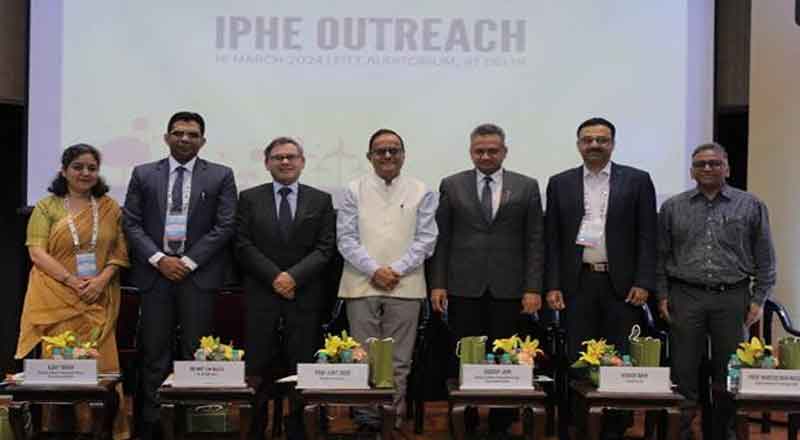Though the term ‘forensic accountant’ was coined by Maurice E. Peloube in way back in 1946, forensic accounting today is one of the hottest buzzwords in the legal world and has come to the attention of everyone from different quarters. While its definition may be still in the realm of debate, unanimity exists on its being an area of specialization in the accounting discipline that is used in circumstances that have legal consequences.
Unlike several other established areas of academic and scientific research, forensic accounting is a new discipline that is evolving as an area of study.
This umbrella term covers the forensic accountants who blend their knowledge of accounting and finance with investigative skills in various litigation settings. To sum up, they are detectives of the finance world.
What is Forensic Accounting?
Sometimes referred to as forensic auditing, forensic accounting is used in the pursuit of justice in court proceedings and to protect people from fraudulent activities. There are many applications of this accounting specialty – from preparing analytical data for litigation and testifying in a court of law as needed, conducting forensic analysis of financial data, performing forensic research to trace funds to identifying assets for recovery. These services are provided by forensic accountants who work either independently or are hired by accounting firms, consultancy firms specializing in forensic accounting services or risk consulting, law enforcement agencies, lawyers, insurance companies, financial institutions or government organizations.
The areas where forensic accounting is applied mostly are fraud investigations, insurance claims and negligence cases.
Forensic accounting is beneficial in finding business fraud and arresting corporate leakages. The findings of financial accounting are permissible in the court of law.
Forensic Accounting in Legal Circumstances
Forensic Accounting is an accounting specialty which interfaces with the law.
Business accounts are so complex that it becomes well nigh impossible for problems to be identified without thorough investigation. The cost of overlooking evidence of financial bungling can be huge. Forensic accountant looks for, prevents and pre-empts fraudulent activity to protect the businesses or organisations. Forensic accountancy can be used to avoid economic crimes from ever occurring by both preventing problems and nipping any fraudulent activity identified in the bud.
The reputational and financial risks of economic crime can be disastrous. Financial accountants, also known as fraud examiner, investigative accountant and fraud auditor, help to investigate, analyse and resolve potential economic misrepresentation. They also offer forensic advisory services to prevent economic crimes.
Today, forensic accountants are in demand more than ever. This is due to the fact there has been growing cases of fraudulent activities.
Forensic accounting has evolved into an increasingly specialised area within the wider field of accounting. Forensic accounting practice encompasses a wide array of activities at the interface of accounting practice and the law.
In legal practice, especially during the trial and investigation of criminal cases of financial crimes such as embezzlement, money laundering, misappropriation of property, a lawyer often has to come to grips with different issues of accounting, which are so complex for them to understand. Here forensic accountants come to their rescue. They use their expertise in finance to investigate financial crimes and fraudulent activities. They analyse financial information to enable lawyers to prosecute criminals, such as those involved in money laundering, embezzlement, misappropriation of property etc.
Forensic accountants put heir analytical and problem-solving skills to investigate financial crime. They investigate mergers and acquisitions. Their services are required in tax investigations and all kinds of civil litigation support.
When it comes to litigation, the forensic accounting is used to quantify damages caused to the parties involved in legal disputes and can assist in resolving disputes before they reach the courtroom.
If a financial dispute reaches the courtroom, the forensic accountant may be called upon to render an expert opinion or testify as an expert witness. They also prepare visual aids to support trial evidence. What differentiates forensic accountant apart from a typical accountant is the knowledge of the courtroom. They are well aware of legal procedures and concepts, and are able to communicate financial information in a concise and clear manner in the courtroom.
Forensic accountants play a significant role in analysing current financial standards and processes, which can lead to the identification of more efficient solutions.
Finally
Today, forensic accounting is one of the fastest emerging areas in law enforcement. By utilizing accounting forensic financial irregularities, money laundering, embezzlement, and other fraudulent activities can be detected which otherwise would have a devastating impact upon the businesses or organisations in the long run.




